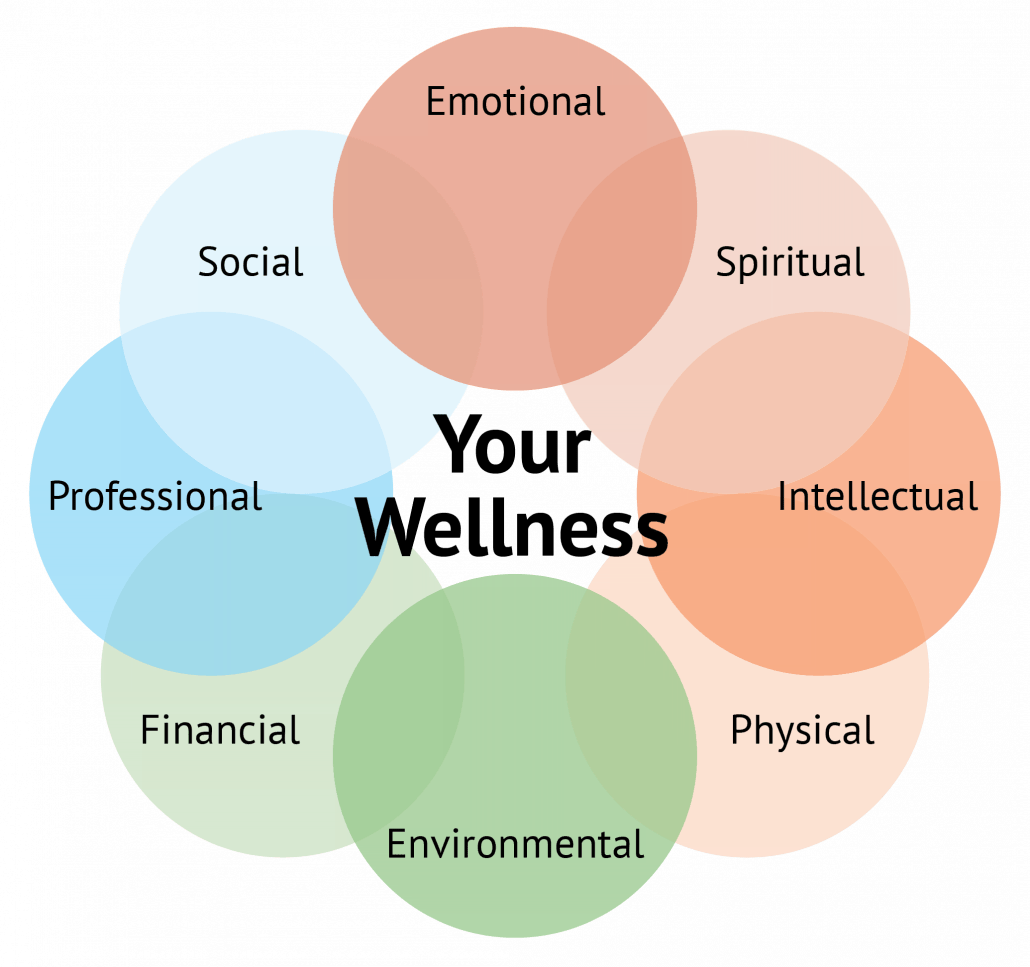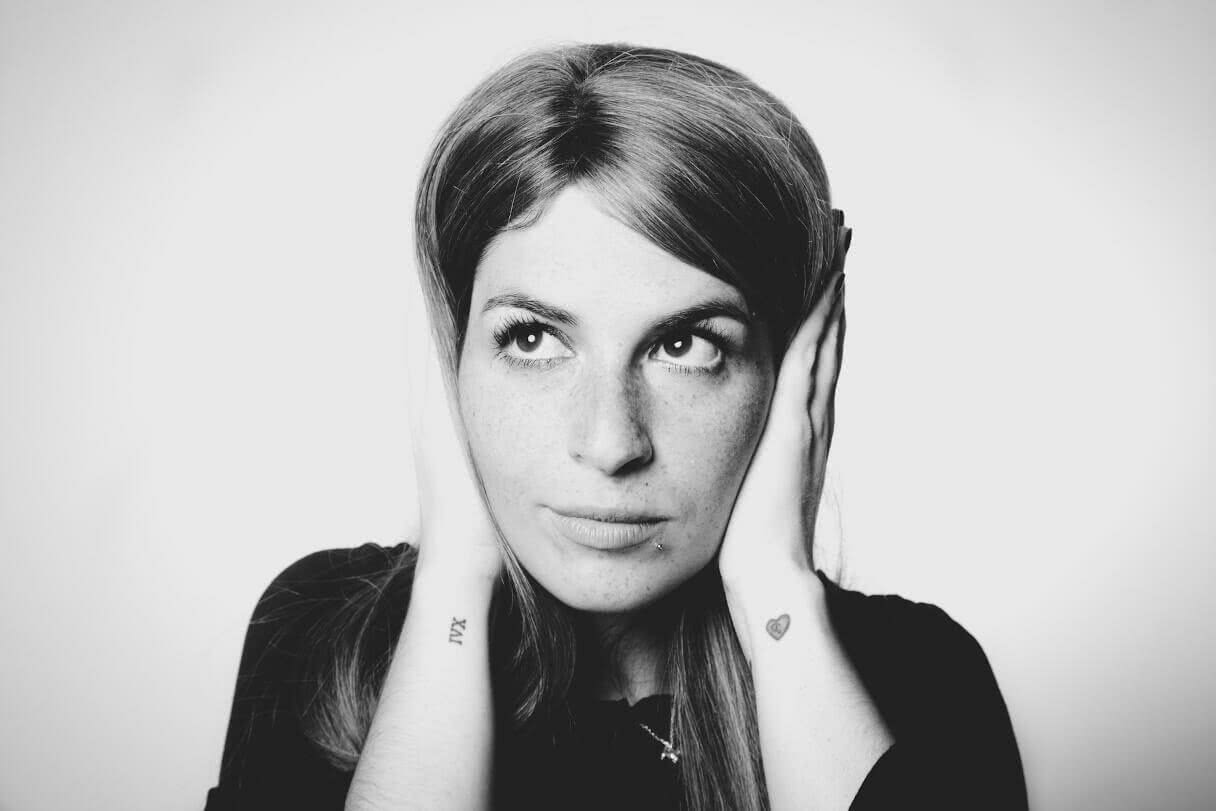At some level, we all know how to be healthy, yet for some inexplicable reason, many of us gravitate into routines even where we know they are not valuable in sustaining wellbeing.
So what causes this automatic wellbeing avoidance and denial witch frames the lives of addictions, obesity, work, exercise, malnutrition, depression, stress and other emotions?
Of course, this is a far deeper and more complex topic that should only be in therapeutic dialogue as many of our internal motivations differ from person to person. However, there are still common themes that occur and re-occur which are worth discussing, as they can universally play into many “self-soothing” or “addiction based” behaviours.
The 8 moving targets of wellness
Wellness is not a magic pill, a target or goal, but more of a kind intention with actions that repeatedly support positive personal growth. The famous eight pillars of emotion, spirit, intellect, body, environment, finance, occupation and social wellness are the constructs of it. However, what trips many people up are not the 8 pillars are merely channels and the core driving foundations are.
- “Wellness” is the intention to create personal inner peace
- That requires repeated action and practice
- It requires the support of positive personal growth

No person on this planet is proficient in all 8 pillars of personal wellness, yet so many self-help books almost tell us that we need to achieve this “work-life balance”. From the outset accomplishing all 8 pillars can be unrealistic because the demands of life most often exceed the bandwidth we all have as mere mortals.
If we focus on any one element and, the other elements begin to suffer.
- Overfocus on work and relationships may suffer.
- Over focus on relationships and work may suffer.
- Over focus on work and relationships and health may suffer.
- Etc there are just so many hours in a day, week or month.
This is an imbalance can cause you to feel like you have “failed” somewhere along the line (of course we don’t cognitively acknowledge this as a failure) but we do feel that there is a missing component.
Rather than acknowledging it and adjusting our behaviour we more often than not default back to the zones we know to be reliable and that we are good and succeed at.
Actions that you are unfamiliar with can, will and do fail, you are just going to have to accept it cupcake.
But also acknowledge that all failures are an important part of the growth process because the only failure can forge the internal coach that will pick you up, dust you off and give you the push to try again (success or failure) it does not matter practice.
The only real failure is when your self-critic get’s ahold of your progress and not your inner-coach.
Did you get that cupcake?
Your internal self-critic is the demotivating force behind establishing your personalised wellness journey.
Your youness coach
- Coach knows once-off failures are not permanent, h/she looks at the end game.
- A lifetime of behaviours won’t change in one day, keep showing up for practice.
- It’s ok cupcake you are making progress, see you here same time tomorrow?
Your self-critic
- Oh well that didn’t work might as well give up trying again.
- You have never been good at Xyz, you would be better off doing what you already know.
- You don’t have time for that nonsense now.
Any of this critic sound familiar? Well, it should we all do it in some way shape or form.
Practice the practice of showing up for yourself
We all know becoming proficient at any task requires practice, failure and repeated actions. Yet it is very hard to move away from the immediate goal, success, and achievement mindset as that is how we are raised and our minds think in the first order of success frames.
Practice, on the other hand, asks you to invest time into indefinite outcomes. So instead of chasing down 1000 different objectives and goals say you were to invest 5 minutes a day in simple meditation.
Write these down on eight separate pieces of paper
- My emotional needs practice
- My spiritual connection needs practice
- My intellectual needs practice
- My body needs practice
- My environmental needs practice
- My financial needs practice
- My occupational needs practice
- My social needs practice
Now you don’t need to have a crystal clear picture about where you want to end up with personal wellness to get started on your wellness journey, you just have to open with the intention to get started.
The best strategy to follow is an appreciative strategy that builds your inner coach and quietens down the inner critic.
Meaning that you mindfully look at the pillars (knowing which ones are most important to you right now) and start writing down teeny, tiny, infinitesimal easily achievable tasks. Tasks that are so easy that you can do them now with your eyes closed.
Positive, or progressive in supporting yourself, even in the face of failure is the only encourages and remotivates to try again.
It’s human nature to seek the “quick fix” solution which is just not an option in establishing real and lasting personal wellness.
You have to look at overall wellness almost like brushing your teeth.
When brushing your teeth you follow a daily practice that if you neglect for too long, will cause tooth decay and gum disease. The practice of brushing our teeth is thus drummed into most of us at an early age as morning and evening “practice” or default behaviour that we don’t think about, we just do.
Wellness in terms of healthy eating, managing stress, attracting constructive relationships, organisational skills etc includes far more complex “practices” which is why so many parents neglect to impart their guidance and establishment of routing for one reason or another. (Acknowledging that this may differ from person to person).
Conceivably the lack of these as “practised” daily routines when it comes to these points leaves a significant gap for “other” more pleasurable or avoidant routines to take the place of healthy routines as we progress into adulthood.
The one thing we know about embedded routines is that they become the “default” behaviours. When we attempt to “break free” from them, we are confronted with both resistance and failure.
This failure plays far deeper into the psyche than it should and often perpetuates the reasserting behaviour of unhealthy routines.
While parents may not impart healthy routines they do quite uniformly impart the intention of “success”. When confronted by failure many of us comfortably default back to what “we know to works for us” and disregard the long term consequences over the immediate gratification.







